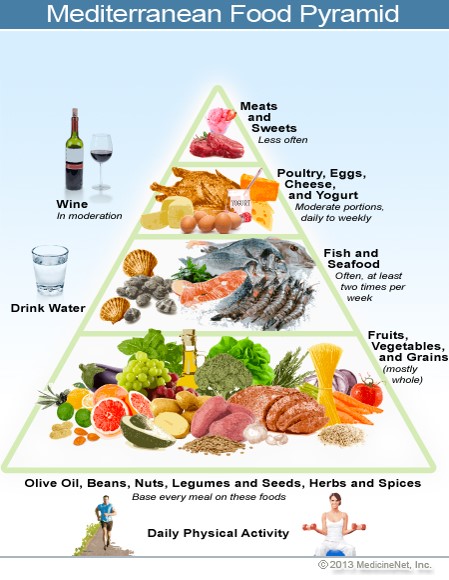A serious problem of the modern lifestyle is an excessive free radical production in the body generating oxidative stress, which has been implicated in the etiology of cancer, cardiovascular diseases, age-associated physiological dysfunction and other degenerative disorders. Dietary antioxidants which counteract the oxidative stress have been intensively studied and have been linked to a reduced incidence of these diseases. Among different dietary habits, the highly antioxidant Mediterranean Diet (MD) has been widely studied. People adhering to the Mediterranean-style diet have been associated with a reduced risk of developing chronic diseases, including cancer, metabolic syndrome, depression, cardiovascular and neurodegenerative diseases, as well as better cognitive health and increased longevity.
Contact us even if your business is doing great!
Because …
The arrogance of success is to think that what you did yesterday will be sufficient for tomorrow. (William Pollard)
and
There is always a better way to do it. Find it! (Thomas Edison)
Our Locations
2020 Kraft Drive, Suite 3007
Blacksburg, VA 24060, USA
Email Address
Phone Number
+1 919 324 4537 (USA)
+389 70 227 353 (MK)

